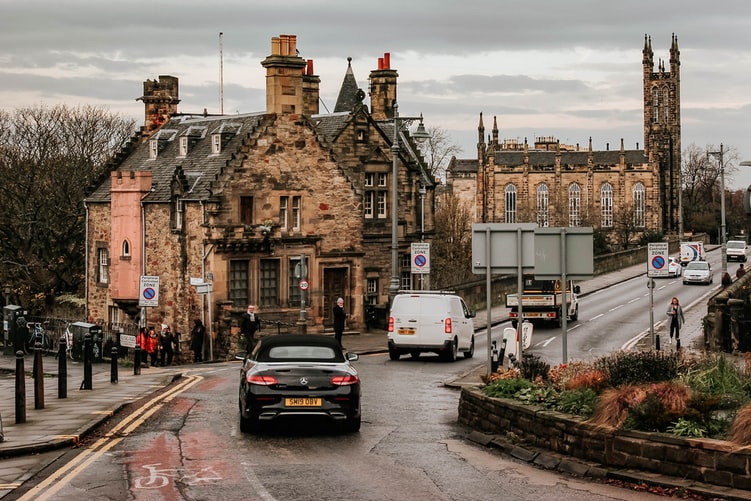Scottish politics is known for its sometimes extreme, yet often heated debate. This is because Scotland has had many different political leaders over the centuries. Some of these leaders made their own political decisions, while others followed the path that the Scottish enlightenment or Westminster democracy set out for them. The end result is that Scottish politics is often at odds with England.
Scottish Political Parties
Scottish politics work within the UK constitution, which is governed by the Unionist Party. Scotland is still a primarily unionist country, being represented politically at both the Scottish Parliament and at the House of Commons in the UK. Scotland enjoys greater autonomy than England, with the Scottish National Party (SNP) leading the Scottish National Party (SNP) in the polls, but also having an alliance with the Liberal Party in England. Due to this alliance, the two parties work together on matters of policy, though they compete for the opinion of the voters in the polls.
There are five main parties in Scotland at the present time. These are the Scottish National Party, the National Unionist Party, the Scottish National Party (also known as the Radical Party), the Scottish National Progressive Party, the Scottish Conservative Party, and the Liberal Party of Scotland. Scotland has four major newspapers, the Scottish Daily News is the most popular. The four major parties all have their own television stations and websites.

The Scottish National Party was founded in 1998, following the devolution of powers from the British Government to the Scottish government. The Scottish National Party is pro-devolution, opposed to separation, and wishes to see significant improvements in health care, education, employment, and the welfare state. It also opposes further Scottish devolution once it becomes independent. The party suffered a great deal of loss during the last election, losing almost nine percent of its seats.
The Scottish Labour Party, also known as the MSP, is the largest party in the Scottish parliament. The party suffers its most recent loss at the last election, when it came fourth behind the Liberal Democrats, the Scottish National Party, and the Scottish Conservatives. Like the National Party, the Scottish Labour Party believes in greater devolved powers for Holyrood and would like to see an independent Scotland stay within the UK. Unlike the other Westminster and European political parties, the Scottish Labour Party does not have a single MP.

The Lib Dems
The Liberal Party of Scotland, also known as the Libdems, is a new party formed in 1998, following the dissolution of the Liberal Unionist Party. The Libdems was founded as a group, with a founding member being Michael Russel. This group later became a separate party. The Liberal Party of Scotland has eleven MSPs, and one MSP foraith in Holyrood. The Libdems aim to create a “fairer Scotland”, with an emphasis on social justice and patriotism. They believe that Scotland should remain a country of freehold.

